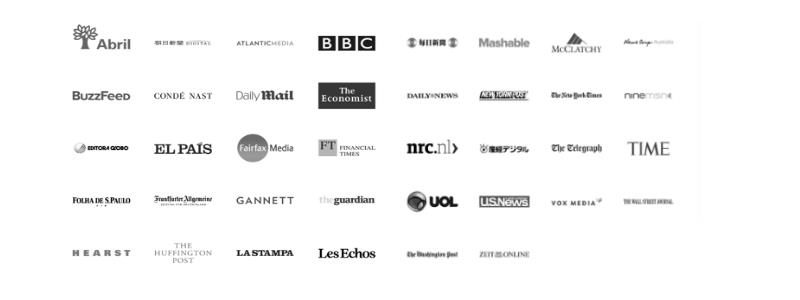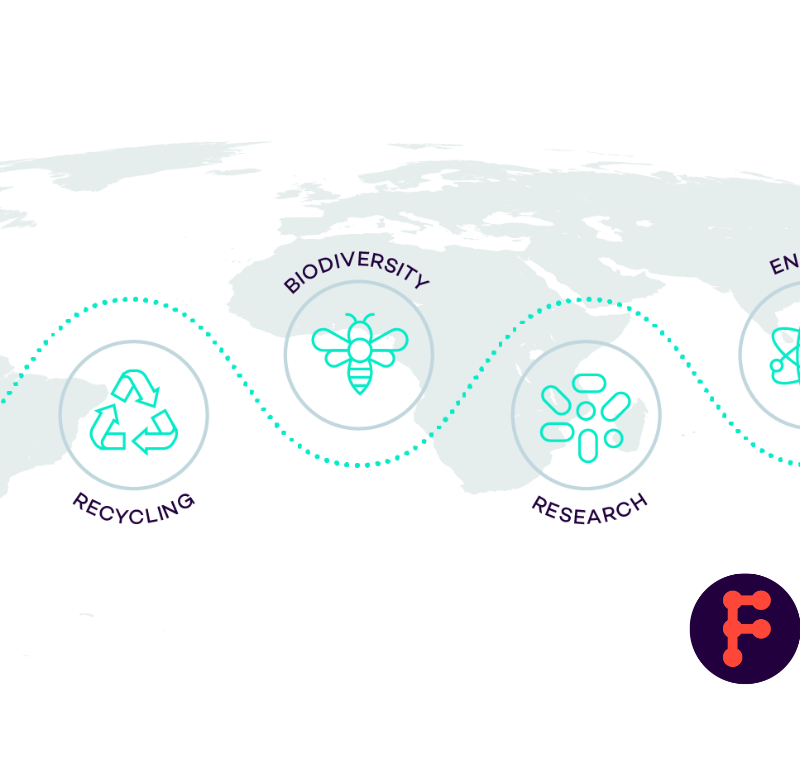What does BuzzFeed, Linkedin and the BBC have in common? Google helps them to make mobile readers sticky to their sites

Akamai found that 40 per cent of website visitors will abandon a web page if it takes more than three seconds to load. And for nearly half of them, they won’t even give you a second chance to deliver a better user experience. They’re gone. Unfortunately hardly any of the well-known news brands comes even close to this benchmark, instead their pages take eight and more seconds to load in a mobile browser. You hired someone outside or promoted someone internally to grow your audience? Congratulations. But why do you slam the door before your guests could even enter your place? – Publishers still are losing visitors and with each visitor additional advertising revenues. Over-advertising lead to an escalation of the problem and publishers now find themselves confronted with people turning to ad blockers and other avoiding strategies. To ban those with ad blockers to enter your site, may sound like a possible strategy, but why not better change the news experience? And mobile bandwidth will make things worse.
Google’s SVP Search Amit Singhal recently announced that mobile search has exceeded desktop search for the first time. In other words, 50bn of Google’s 100bn searches are already searches on a mobile device and numbers for tablets are not even included. Kit Eaton at Fastcompany reported in 2012 already, that by slowing Google’s search results by just four tenths of a second the search giant loses 8bn searches per day. 8bn searches per day? In Google’s world measured by CPM (price for showing ads a thousand times) and CPx (reward for triggering user actions by showing these ads) that is a lot of money. That’s why Google always focussed on how to improve the search experience and any changes made to the interface had to undergo thousands of usability test before going live.
Secondly, you can improve what happens behind your own door, but there is little influence on what people experience, once they leave your site. It’s one reason why Google started to punish sites with poor mobile performance just by decreasing the likelihood of them showing up on its mobile search results pages. And let’s be honest. Mobile and web performance is not really a new metric. It has long been part of the ranking criteria Google Search uses, when selecting the sites to display in its search results.
Thirdly, Google is also directly affected when news sites perform badly. The search company acquired DoubleClick and its ad server business in 2007. With a market share of 69 per cent, nearly 2/3 of sites serving display ads will have some DoubleClick snippets hidden in the code of their digital pages. If they lose traffic, their mobile assets will lose value as well and Google has less opportunities to sell ad places to advertisers. Any improvement to this situation is – obviously – a win-win situation for both, the search engine and the publishers. That’s why technology companies like Twitter, Pinterest, LinkedIn, Adobe, WordPress, as much as publishers like The Guardian. The Wall Street Journal, The Washington Post, Vox, Parse.ly, and The New York Times have joined Google in its latest endeavour to speed up the web: AMP or Accelerated Mobile Pages.
The principle behind AMP is quite simple. When you publish an article of the size of say a single paper, it will need code of the size of a book to display it on someone’s screen. If you have to package each individual content piece with a book of the size of 1,000 pages you get a lot of waste just by having to rely on too much “packaging,” how the article will be displayed on someone’s screen. Google’s plan now is to take care of the packaging and the distribution of the content, not the content itself. Performance improvements in the range of 15 per cent to 85 per cent are expected. Publishers were freed to focus more on the content itself, while Google will take over the role as host of the content and also as a delivery network. AMP comes with some restrictions for now, but it’s a start and pointing into the right direction. As a sign of the time we see tech companies take over more any more roles in the value chain of the news production and distribution workflow.
More like this
To compete with Facebook and Google, publishers step up their ad-targeting game
Google and Twitter’s new move could be very interesting for publishers
Google AMP is good for mobile web users – but what about publishers?






